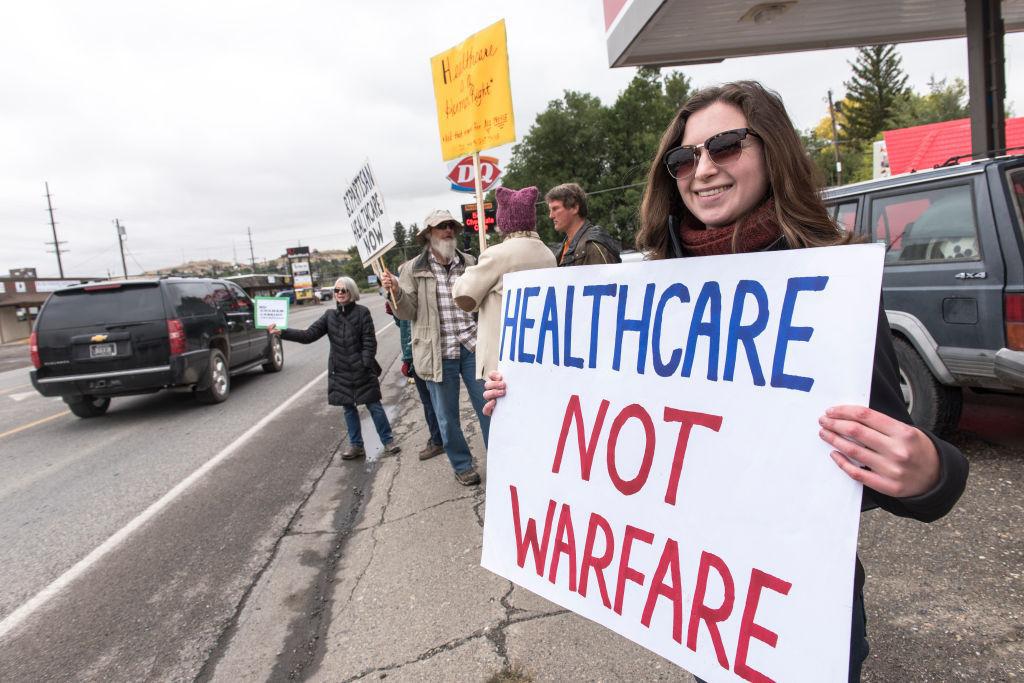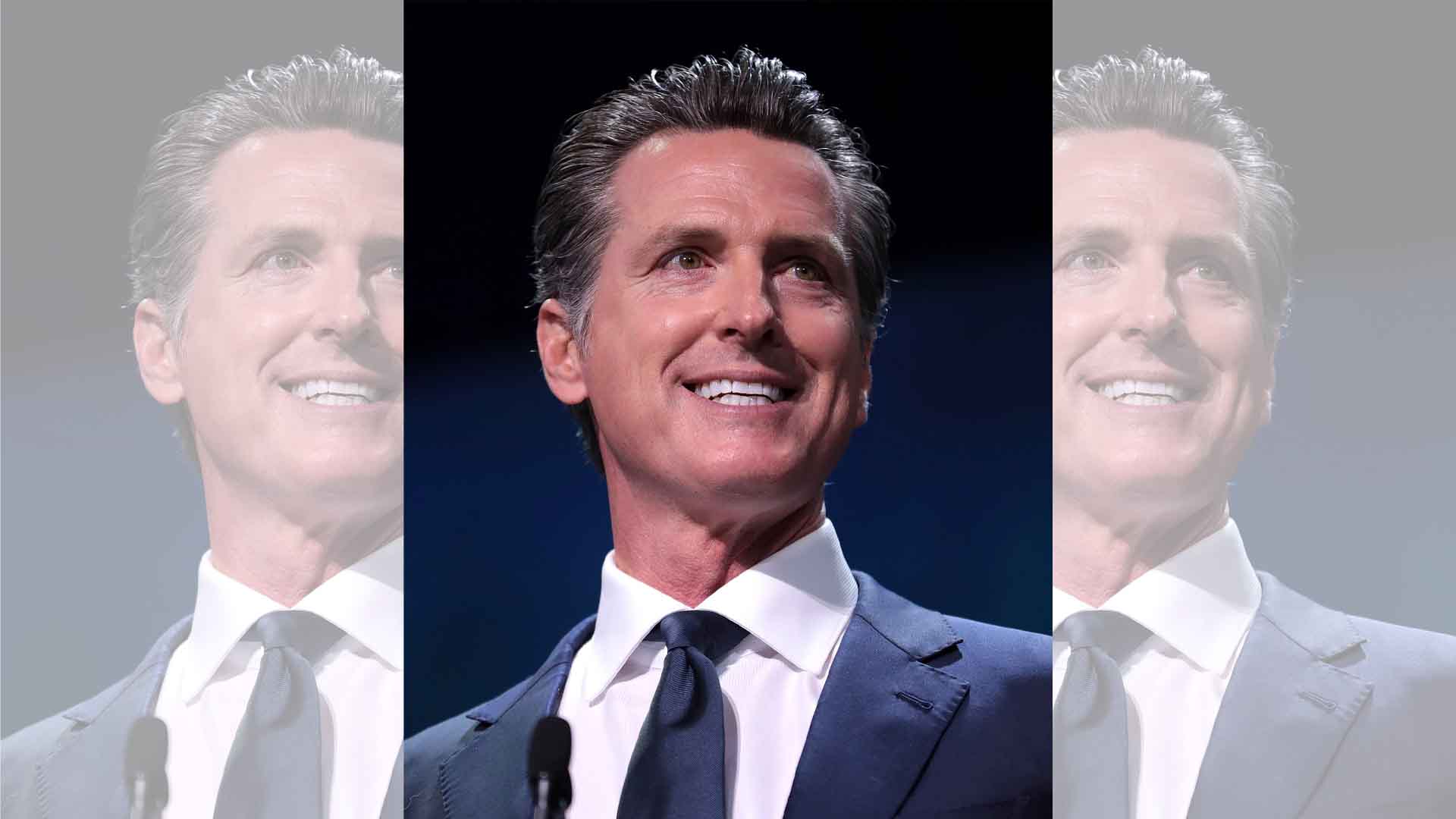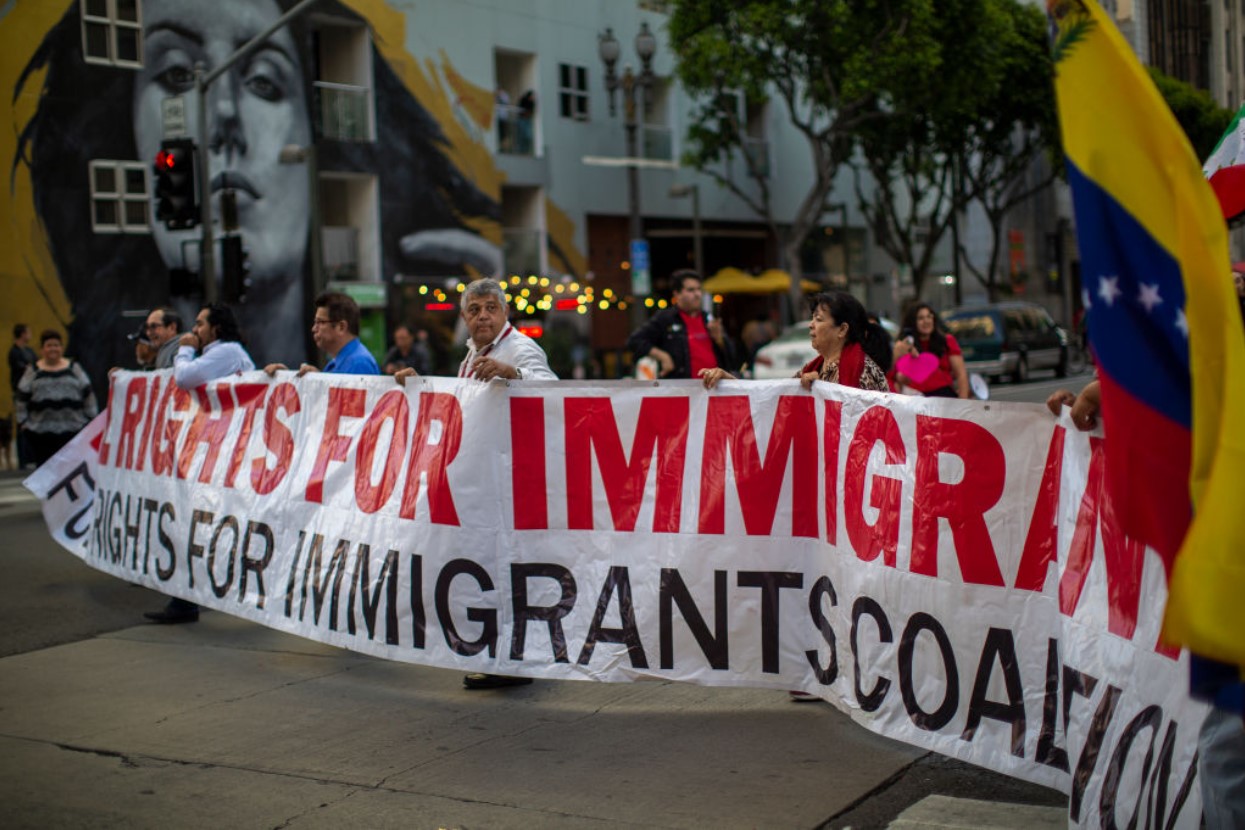California has taken a significant step in healthcare policy by expanding Medi-Cal to cover illegal immigrants aged 26-49. Medi-Cal, the state’s Medicaid program, has been a cornerstone of health care for low-income residents. This expansion is seen as an effort to provide broader access to health care, regardless of immigration status.
The decision affects an estimated 700,000 individuals and is projected to cost $2.6 billion. It represents a significant shift in how health care is provided to undocumented residents in the state.
The Cost of Caring: Analyzing the Numbers

The expansion of Medi-Cal to nearly three-quarters of a million illegal immigrants comes with a hefty price tag. Estimated at $2.6 billion, the funding for this initiative is set to come from California’s taxpayers.
This decision has sparked a debate about the allocation of public funds, especially considering the ongoing discussions about healthcare funding and prioritization in the United States.
50 Cent Weighs In

Notable rapper-actor 50 Cent voiced his concerns about this policy, questioning the use of taxpayer money. His main argument centers on the comparison with veterans’ healthcare, implying a disparity in how different groups are prioritized.
“I don’t understand this, this it going to cost 2.6 billion dollars for tax payers. They don’t even give veterans health insurance,” 50 Cent posted to Instagram, tagging news anchor Ari Melber, host of MSNBC’s The Beat. This critique reflects broader public questions about governmental spending priorities and the support provided to various demographic groups, including veterans.
Veterans’ Healthcare in America

Veterans’ health care in the U.S. is a complex issue. The Department of Veterans Affairs (VA) provides comprehensive medical services to eligible military veterans, but challenges such as long wait times and accessibility issues have been persistent.
This context is crucial when discussing healthcare policies, as it highlights different approaches to healthcare provision across population segments.
Medi-Cal’s History and Purpose

Medi-Cal has been a key component of California’s healthcare system for decades, providing access to medical services for low-income individuals and families.
Its recent expansions, including this latest one, reflect an ongoing commitment to broadening healthcare accessibility. The program’s history is marked by efforts to include more people who otherwise might not be able to afford medical care.
The Broader U.S. Healthcare Debate

The U.S. healthcare system is varied and contentious, with debates around public versus private provision, insurance models, and accessibility.
California’s policy shifts, like the Medi-Cal expansion, contribute to this national conversation, showcasing different approaches states are taking to tackle healthcare challenges.
Governor Newsom’s Vision for Healthcare

California Governor Gavin Newsom has been a vocal advocate for universal health care. His support for the Medi-Cal expansion aligns with his belief that healthcare is a right for all, irrespective of income or immigration status.
This vision positions California as a more progressive leader in healthcare policy in the U.S.
Economic Impact of Expanded Healthcare

The economic implications of expanding healthcare to undocumented immigrants are multifaceted. Proponents argue that it could lead to a healthier workforce and reduced emergency room visits, potentially saving money in the long run.
Critics, however, worry about the immediate financial burden on the state’s budget and taxpayers.
Global Perspectives on Healthcare for Immigrants

Internationally, approaches to healthcare for immigrants vary significantly. Some countries offer extensive health services to all residents, while others have more restrictive policies.
Understanding these global perspectives provides context to California’s policy and how it fits into broader international trends.
Community Responses to Healthcare Expansion

Reactions in California to the Medi-Cal expansion range from strong support to staunch opposition. Advocacy groups for immigrants hail it as a step towards health equity, while some taxpayer groups express concerns about the financial sustainability.
These diverse opinions reflect the complexity of implementing broad policy changes in healthcare.
Long-Term Effects of Healthcare Policy Changes

The long-term effects of expanding healthcare to undocumented immigrants are yet to be seen. Potential impacts include changes in public health outcomes, shifts in health care spending, and broader social implications.
California’s policy could serve as a model or a cautionary tale for other states considering similar measures.
A Continuing Healthcare Journey

California’s decision to expand Medi-Cal to illegal immigrants is a landmark in the ongoing journey of healthcare policy in the U.S. It raises important questions about the role of state governments in healthcare, the prioritization of different groups, and the best ways to fund and manage public health services.
As the policy unfolds, its impacts will be closely watched by policymakers, healthcare professionals, and the public across the nation and beyond.
